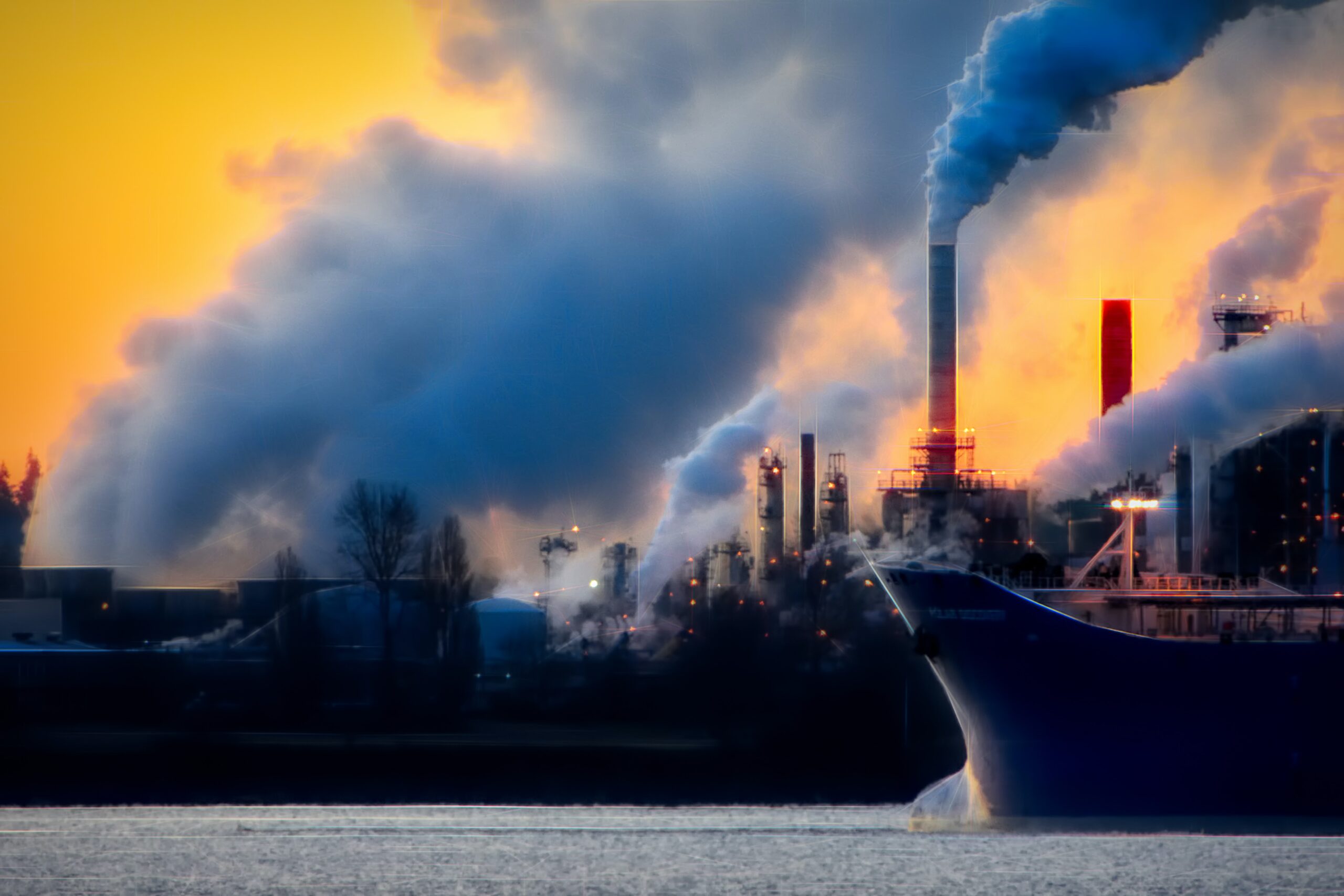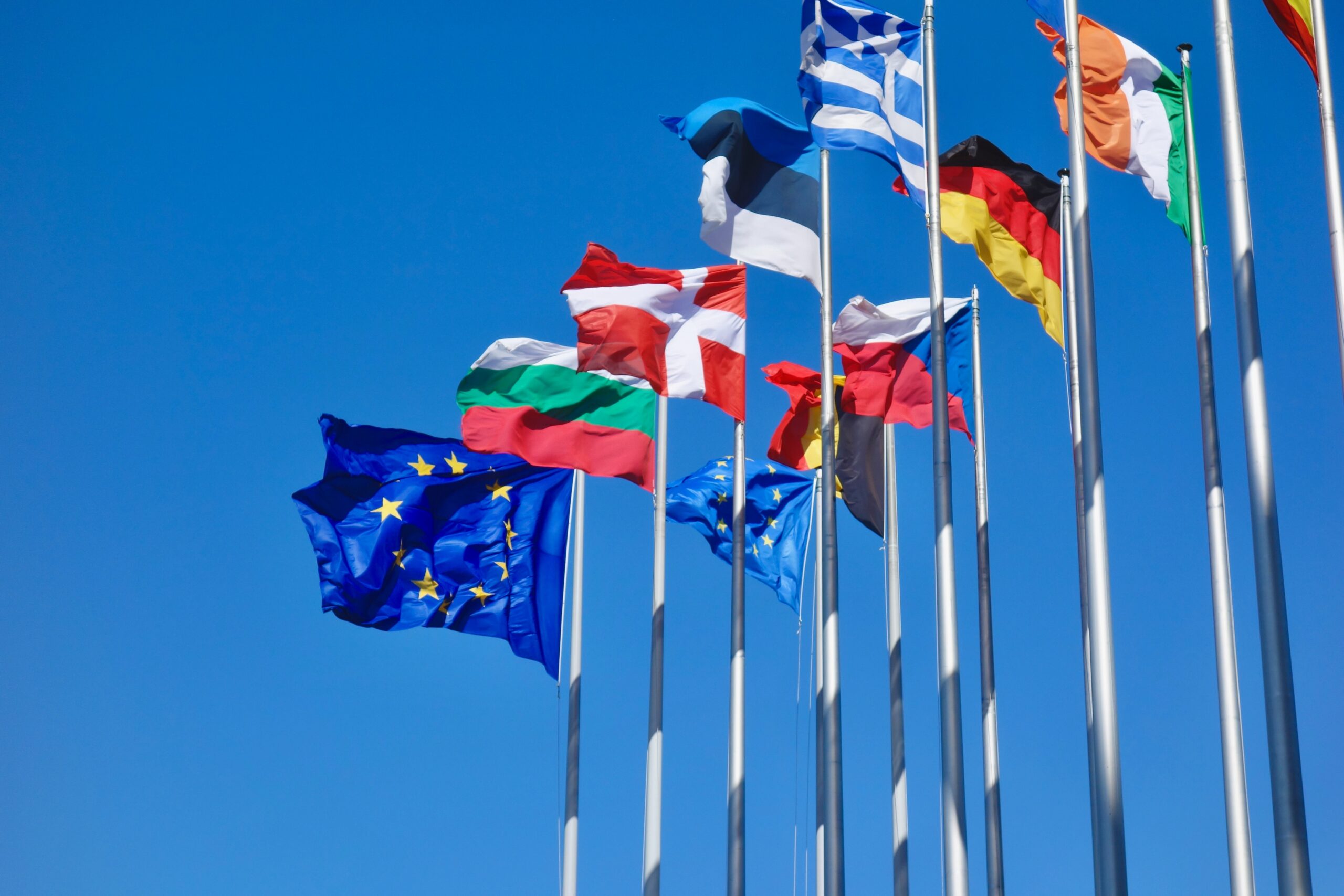On Monday this week, the UK government announced a new tax policy set to take effect in 2027.
The UK will levy a carbon tax on imported goods in 2027, particularly targeting products such as steel, fertilizers, cement, and glass.
This policy aims to safeguard environmentally friendly businesses in the UK and impose restrictions on imports from high-polluting companies.
Cross-border carbon tax
The Cross-border Carbon Tax is a levy on goods imported from countries with low or no carbon taxes.
Therefore, imported steel will incur the same carbon cost as UK manufacturers.
This new tax will exert greater constraints and stricter regulations on high-emission, high-pollution enterprises.
Moreover, the Cross-border Carbon Tax is expected to address issues like “carbon leakage” and encourage businesses to invest in more environmentally friendly production.
Who Will Bear the Tax
It is anticipated that products manufactured using substantial fossil fuels will be subject to taxation after the new policy takes effect in 2027.
This includes products made with iron, aluminum, glass, cement, or ceramics facing a new tax regime.
Import taxes will be determined based on the carbon emissions during production, although the UK government will provide a comprehensive list of specific plans.
Reportedly, this new tax may impact India’s exports worth nearly $800 million.
EU Carbon Border Tax
The EU is expected to officially implement the Carbon Border Tax in 2026, rigorously regulating emission standards for businesses.
The EU will initially focus on industries like steel, cement, electricity production, and hydrogen before expanding to other goods.
Under the new plan, companies must purchase certificates based on the EU carbon price calculation to import into the EU.
The EU aims to reduce carbon emissions by 62% compared to 2005 levels by 2030.



